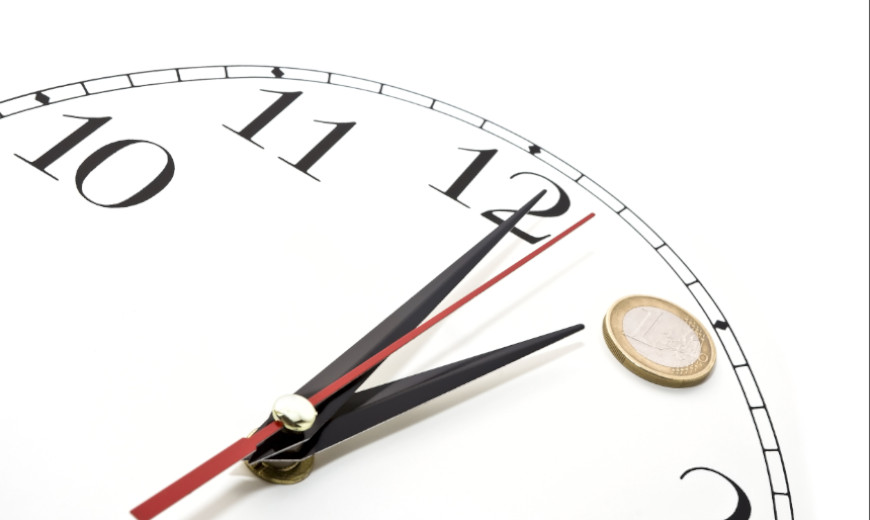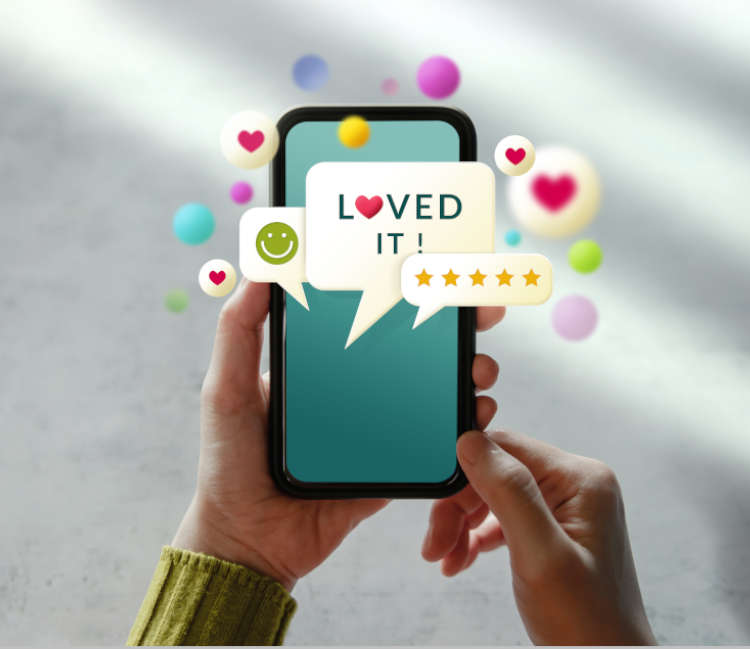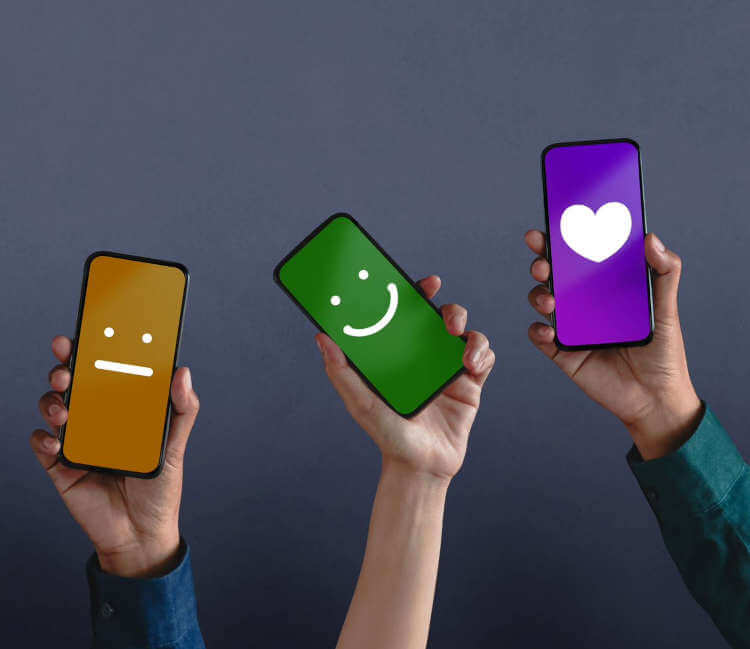I will describe a personal experience to explain how vital but also interrelated concepts the customer experience, the service level, and the sales growth are for businesses in Dining.
Once, I made an online reservation at a restaurant at 9 pm without using their website. I arrived a few minutes late and was seated, myself and my companion, at the table they showed us outside. It was 9:30 pm, and no one had come to take an order. Then, we discovered a QR code on a plastic stand. We took our time looking at it, but the staff should have shown it to us too. We scanned it and saw an extensive menu with text but no pictures. I "scrolled up and down" on my phone and got lost in complex navigation. I saw codes, items, and names and needed help adding things I wanted to order to an order cart. I needed help to retain codes and many item names to tell the waiter what I wanted. By the time we had gathered our selections in our group and called the waiter waving, it was already past 9:45 pm. The waiter came with the wireless ordering machine for "quick" communication of the order to the Kitchen. After some clarifications, the waiter sent the order at 10:00 pm. I could not check the status of my order and wondered why the main dish I had selected was so late.
They served my dish at 10:30 pm, an hour and a half after the table reservation. An hour and a half is quite a bit, if not a lot, of wasted time for a business (and for us). If, for example, I had made the reservation a little earlier and each group stayed about 2 hours, they could have served another group at our table, and the business's sales would have been higher that night.
In a nearby group, I saw a grey-haired gentleman holding an empty water bottle and waving it to the staff inside the establishment. He was trying, improvising, to indicate that he wanted an extra bottle of water. By the time they saw him and finally served it, 5 minutes had passed. If this happened to other customers, who may have yet to make eye contact with the staff, I can't imagine how much time elapsed each evening before they served them.
When customers look for staff and wave to ask for help or order, they waste valuable time.
If I were to rate my booking experience, I would give it an A because it took a few minutes. But my experience, the one about the business, started when I arrived and lasted until I left. My rating for the menu and service would be average: Long wait, tedious and unintelligible menu. I don't remember anything special about the flavors on the menu; it was typical Chinese. But I was left with the taste of late service! If one asked whether I would return to the same restaurant, the answer would be no since there are many alternative options.
The menu, although extensive, remained untapped. In this case, it would be better to ask for a printed menu. Moreover, the service delays made the groups stay mostly the same. My conclusion is that sales had significant room for growth.
I did not write an online review after my visit. I rarely write reviews. I do so either when I'm very satisfied or dissatisfied. I write truths and watch my wording in negative thoughts. The intention is to show that the business needs improvement and to inform prospective customers. I know that a negative public review indirectly hurts a business. So, I would instead write anonymous comments to the company to improve the level of service. We give this possibility with our software to customers in restaurants or hotels.
At Simply Better, we design and develop software for businesses in the Restaurant and Hospitality industry, thinking from the company and the customer sides. We are customers, but we also talk to business owners and understand their difficulties. Customer experience, level of service, and sales growth are our key objectives.





